Coffee Grounds for Home Cultivation of Mushrooms and Compost in Pots
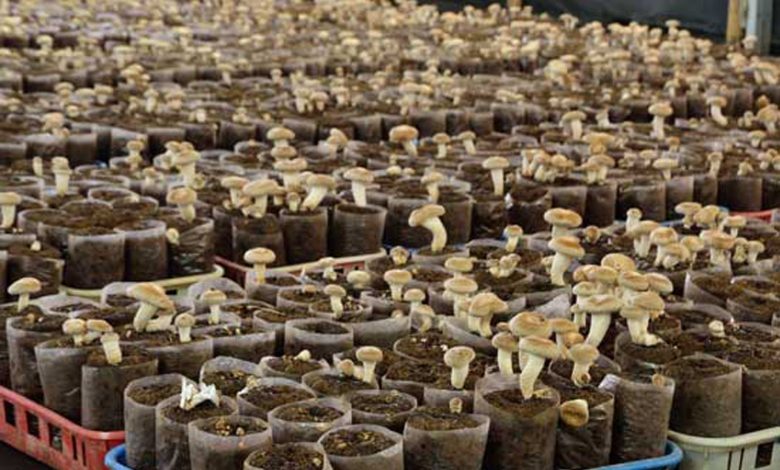

Are we aware that each human being generates more than 500 kg of waste per year?
This is just one of the many interesting facts that support the strong argument that better and more functional waste treatment measures are urgently needed if we do not want to continue decimating the environment and our planet to unsustainable limits.
How to fight, therefore, against so much waste generated by living beings that fill this world?
Fortunately, there are associations, organizations and companies committed to mitigating the polluting effects of waste.
There are countless methods.
Products based on the circular economy
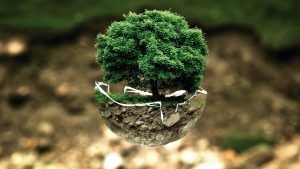
One of them, to generate a series of creative and innovative products in which the waste is the protagonist. Products based on the circular economy.
And that is where coffee grounds appear to make self-cultivation of mushrooms possible in our home. The French biologist Antoine Lavoisier already said it: “ Matter is neither created nor destroyed, it is only transformed… ” Transform waste into vital energy for other beings.
As is the case with coffee grounds, one of the most cultivated elements in the world and which proves to be ideal due to its composition for growing mushrooms, specifically the oyster mushroom, another of the most globally consumed edible mushrooms.
And it is that, contrary to what the majority of the population thinks, waste is not simply what is left over from something and has no use at all. No. Nature, wise in its behavior, is based on a principle: waste does not exist.
We will always find an organism, no matter how small, that plays a fundamental role (transmission of nutrients) in the food chain between the different living species that fill our planet.
Interrelated efficiency in the form of energy.
Seeking that efficiency in our daily consumption and in the production processes in which we intervene is the main objective of these communities that fight for the sustainability of the planet through their ingenious business models.
One of these companies is Resetea, a Galician company specializing in natural, sustainable and ecological gifts.
In short, environmental actions and projects that try to return to the earth part of the life that we have taken from it due to an exacerbated construction and industrial activity.
mushroom production
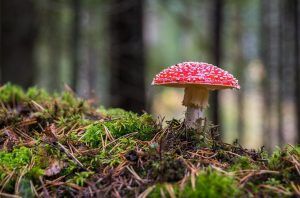
Mushrooms have not always had a good reputation. Strictly speaking, they have been overcoming stigmas for years and have fueled the curiosity of fans of the mountains, nature and good food.
Spain is a leading country in the production of mushrooms throughout Europe.
Therefore, it is one of the states that has to deal with the challenge of efficiently managing the thousands of kilos of waste that are generated in the processes of collection, production and distribution of the different varieties of fungi and mushrooms that are commercialized.
For every kilo of mushrooms obtained, 5 kilos of residual substrate are generated. An atrocity.
Did you know…?Even more so if we take into account that, for example, in 2012, Spain alone marketed more than 125,000 tons of mushrooms and fungi, which meant a whopping approximately 600,000 tons of residual substrate, which if not handled, in its process decomposition emits methane, a gas that favors the greenhouse effect.
Knowing then the huge amounts of coffee grounds that are consumed and generated in Spain, the guys from Resetea thought of using them for the cultivation of the most famous edible fungus: mushrooms.
Always with the idea in mind of closing the circle by reusing the substrate, once the mushroom harvests have been obtained, as fertilizer for other soilless crops that are favored in this way by the nutrients of these residues.
Because the use of organic waste in cultivation processes and its subsequent reuse as fertilizer, mainly serves two environmental purposes:
- Reduce the volume of waste accumulated in both natural and industrial processes.
- Nourish the (overexploited and eroded) land with nutrient-rich organic matter and reduce the use of synthetic fertilizers.
Coffee grounds as a substrate
Did you know…?Some 393,000 cups of recycled coffee are capable of producing 4,700 kilos of mushrooms outside their natural environment. And before the doubt of many users, don’t worry, mushrooms do not absorb caffeine from coffee grounds.
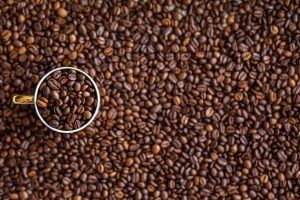
Coffee is one of the most widespread crops in the world and its consumption is massive.
What is not known is that only 0.2% of the nutrients of this fruit are present in each cup of coffee, the rest 99.8% ends up in our landfills, taking up a lot of space and, above all, emitting a large amount of gases greenhouse effect in its decomposition process.
The idea of using coffee grounds as a substrate for self-cultivation of mushrooms comes from the previous use of the husk that covers the coffee bean for the same purpose. A Swiss mycologist has already successfully worked on it in his desire to promote natural and domestic cultivation with different organic residues.
Why wouldn’t it work now with the coffee grounds themselves?
And as has already been mentioned, after its use as a substrate, the coffee grounds residue is reused as fertilizer for plants.
And it is that only in Spain more than 200,000 tons of this residue are generated annually, which occupies a lot of space in landfills and emits large amounts of methane into the atmosphere. In this way, we can contribute to promoting a circular economy that is positive from all points of view, environmental, natural and economic.
oyster mushroom
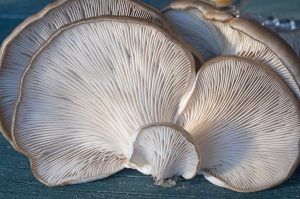
There are thousands and thousands of species of mushrooms, although just under a thousand are edible. Research in recent years has shown that many of these species grow just as well on coffee grounds as they do in the bush.
And without having to wait for autumn and the rains! Easily in our kitchen or in the living room, the coffee grounds planted with mycelium (underground filaments that nourish the fungus) allow us to obtain at least 3 harvests of 700 grams of oyster mushroom in 21 days.
The oyster mushroom is, for now, the one that best adapts to the coffee grounds since it is very resistant. It is easy to identify because it grows and forms a hat that immediately reminds us of another, that of the bivalve, which we can find on the stems of willows.
Other varieties of mushrooms, such as myscaros or boletus, do not adapt in the same way and with this self-cultivation technique with coffee grounds planted with mycelium, profitable harvests are not achieved.
Resetea, responsible company
The marketing of self-cultivation kits of oyster mushrooms for domestic use has been successfully developed for 7 years by the Galician company, Resetea. They did so after winning the XII Innovative Business Ideas Contest of the University of Santiago de Compostela in 2011.
After such recognition, they began the many tests with the coffee grounds that they obtained from the cafeterias located in their area of influence in Vigo, until finally achieving a stable and homogeneous crop.
The dream of growing mushrooms at home became possible.
With the simultaneous activity generated by Resetea, more than 50 tons of coffee grounds have so far been recycled, giving them a profitable and oxygenating ecological use.
It was not easy, however, to perfect the technique of sterilizing coffee grounds in its symbiosis with the fungus. The reason was that other organisms always appeared that won the oyster mushroom game.
The problem was solved by controlling the temperature and humidity levels of the residue.
The companies of the 21st century, large or small, play a determining role in the future of society as such, and in the treatment and environmental care that we give to the planet, which is mistreated and in serious danger. Companies committed to sustainability and the environment must add value to society. It is what they do at Resetea with their products and their positive impact on our environment and society.
conclusion
Waste is a great environmental threat to the planet, and as a society, we are obliged to look for alternatives to minimize its impact, for example, relating to it in a very different way and, therefore, improving our life habits.
An ideological rethinking of what waste is and its role in our homes is urgently needed.
With sustainable and ecological initiatives and projects such as the use of coffee grounds to grow mushrooms, not only are these purposes that we are commenting on achieved, but also educational work is carried out for adults and young people on the natural process of fungi, their cycle of life and the wonderful world of recycling.

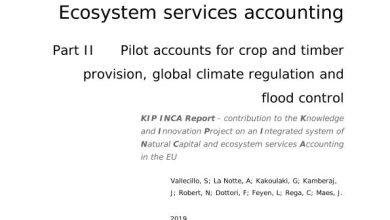
![Photo of Syringa Vulgaris: [Cultivation, Care, Pests and Diseases]](https://www.complete-gardening.com/wp-content/uploads/2022/08/syringa-vulgaris-cultivation-care-pests-and-diseases-390x220.jpg)
![Photo of Pruning a Jacaranda: [Importance, Season, Tools, Considerations and Steps]](https://www.complete-gardening.com/wp-content/uploads/2022/08/pruning-a-jacaranda-importance-season-tools-considerations-and-steps-390x220.jpg)
